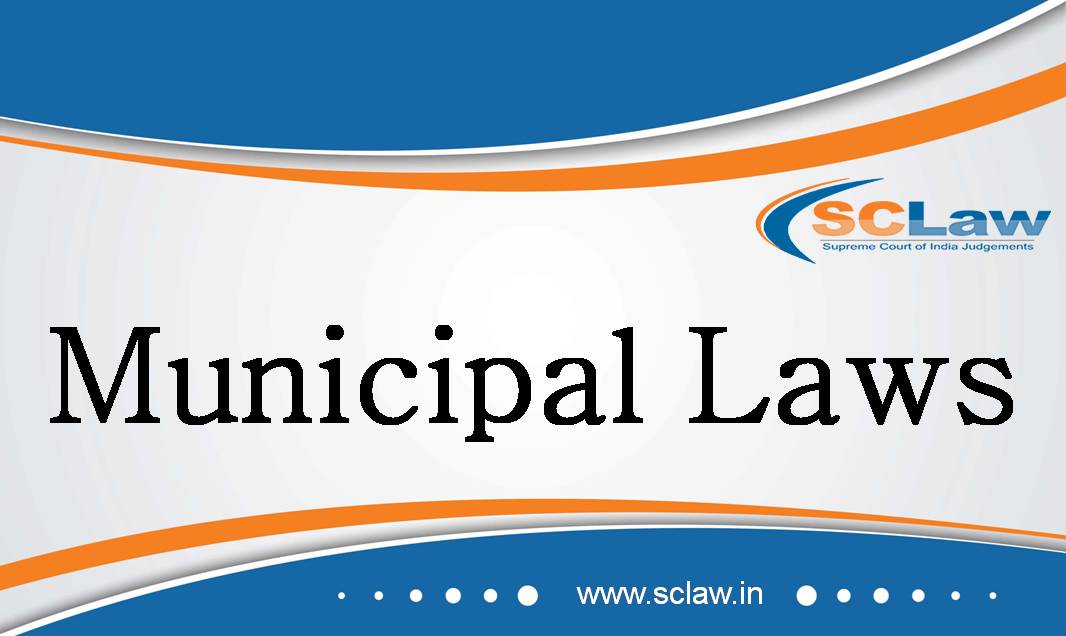Entirety Of Plaint Averments Have To Be Taken Into Account While Considering A Plea Seeking Rejection Of Plaint: SC
Entirety Of Plaint Averments Have To Be Taken Into Account While Considering A Plea Seeking Rejection Of Plaint: SC The entirety of the averments in the plaint have to be…









